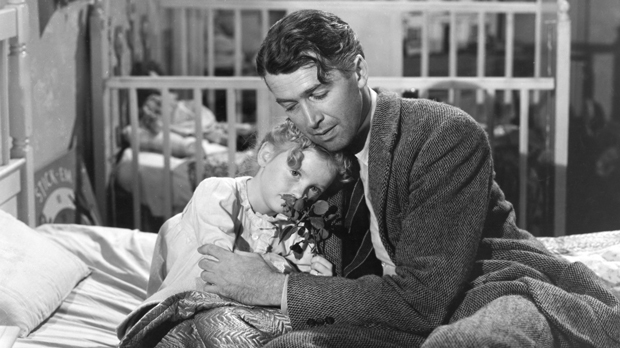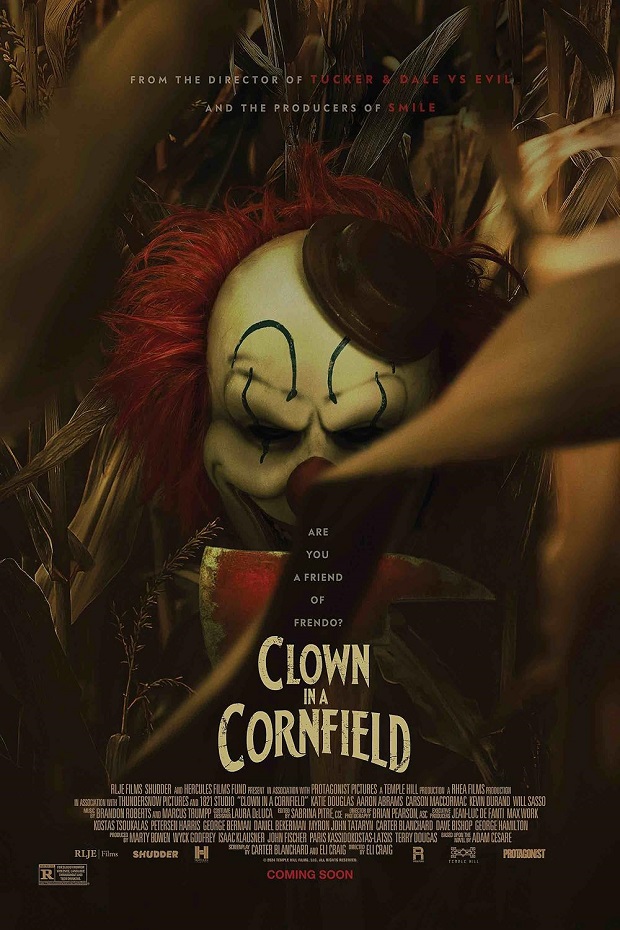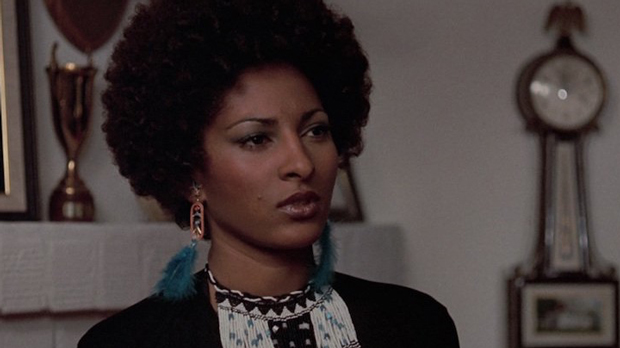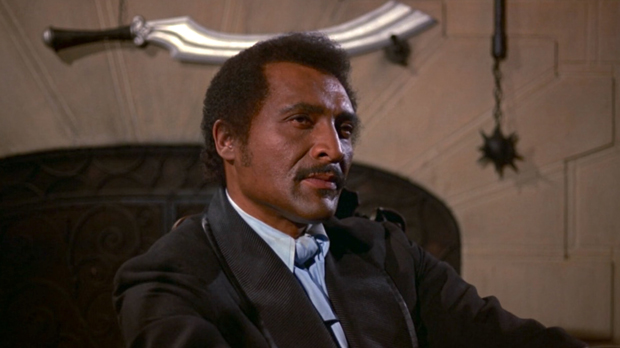 It’s a Wonderful Life (1946) RKO Radio Pictures/Fantasy-Drama RT: 130 minutes No MPAA Rating (brief mild violence, mildly suggestive moments, mature themes) Director: Frank Capra Screenplay: Frances Goodrich, Albert Hackett, Jo Swerling and Frank Capra Music: Dimitri Tiomkin Cinematography: Joseph Walker Release date: December 20, 1946 (US) Cast: James Stewart, Donna Reed, Lionel Barrymore, Thomas Mitchell, Henry Travers, Beulah Bondi, Frank Faylen, Ward Bond, Gloria Grahame, H.B. Warner, Frank Albertson, Todd Karns, Samuel S. Hinds, Mary Treen, Virginia Patton.
It’s a Wonderful Life (1946) RKO Radio Pictures/Fantasy-Drama RT: 130 minutes No MPAA Rating (brief mild violence, mildly suggestive moments, mature themes) Director: Frank Capra Screenplay: Frances Goodrich, Albert Hackett, Jo Swerling and Frank Capra Music: Dimitri Tiomkin Cinematography: Joseph Walker Release date: December 20, 1946 (US) Cast: James Stewart, Donna Reed, Lionel Barrymore, Thomas Mitchell, Henry Travers, Beulah Bondi, Frank Faylen, Ward Bond, Gloria Grahame, H.B. Warner, Frank Albertson, Todd Karns, Samuel S. Hinds, Mary Treen, Virginia Patton.
Rating: **
Okay, show of hands, who out there has seen It’s a Wonderful Life? Wow! That’s basically everybody. Now, who watches it every Christmas? Okay, that’s a lot of you. I don’t. I have a whole list of movies I watch every year around the holidays and Frank Capra’s beloved classic isn’t on it. It may sound like blasphemy, but I think it’s one of the most overrated movies ever made. It’s not a bad movie per se, but I don’t think it’s all that wonderful either. It’s slow, boring, depressing and annoying. It takes forever to get to the main part of the story. I’m the guy that yells “JUMP!” when Jimmy Stewart is standing on the bridge.
I’ve only seen It’s a Wonderful Life twice in its entirety. I didn’t want to review it, but it occurred to me I should probably review some of the more traditional Christmas movies for the benefit of those who don’t enjoy bizarre or bloody holiday films like Bad Santa, Santa Claus Conquers the Martians, Rare Exports and Silent Night, Deadly Night. To be fair, I do like a lot of the traditional ones, but I just can’t get into It’s a Wonderful Life.
In a nutshell, it tells the life story of George Bailey (Stewart), an Everyman from the small town of Bedford Falls. All his life, he longs to get out of Bedford Falls and see the world. He dreams of having grand adventures and doing spectacular things. Unfortunately, something always forces him to stay in his hometown and live a humdrum life running the family business, the Bailey Building and Loan Association which provides home loans for the working poor.
Everybody in town likes George except for Henry Potter (Barrymore), the richest and meanest man in Bedford Falls. Potter is a slumlord who provides substandard housing at exorbitant prices. He’s also a major shareholder in the Building and Loan company. He’s the very definition of “antagonist”, especially when he steals a large amount of money that George’s absent-minded Uncle Billy (Mitchell) was supposed to deposit in the bank. Potter knows it will ruin George and possibly send him to jail for bank fraud. After lashing out at his family, George contemplates suicide. He’s stopped by Clarence (Travers), an angel sent from heaven to show George what life would have been like if he were never born. This doesn’t happen until about 90 minutes in.
I like the narrative framework of It’s a Wonderful Life though. It opens with prayers heard up on high from George’s friends and family concerned for his well-being. It’s Christmas Eve and something is troubling him so two top angels summon forth Clarence, an ASC (Angel Second Class) who’s looking to finally earn his wings. His assignment is to save George from making a terrible mistake, but before he can do this successfully, he has to hear about the crucial events of George’s life. This part goes on for way too long.
George’s life has been one hardship after another. It’s defined by the countless sacrifices he’s made for others over the years. He sacrificed the hearing in his left ear when he saved his younger brother Harry from drowning in an icy pond. He gives up his plans for world travel when he takes over the family business after the death of his father. He gives his college tuition money to Harry (Karns) who’s supposed to come home and take over the business after graduation. Instead, he gets married and accepts a job offer from his father-in-law. George ends up staying in Bedford Falls and marrying Mary Hatch (Reed) who’s had a crush on him since childhood. George even sacrifices his honeymoon money when the town bank collapses (due to the Stock Market crash of ’29) so his depositors won’t go hungry and lose their life savings.
Eventually, George finds himself standing on the bridge. Clarence shows up before he can jump into the freezing river below. George says he wishes he had never been born. Clarence takes him to an alternate reality where he was never born. It’s grim. If he’d never been born, he wouldn’t have been there to provide affordable homes for working people and Potter would have taken over the town, turning it into a seedy cesspool called Pottersville, a place full of sleazy nightclubs and pawn shops. That’s just one of the things that would be different without George. There are others, but you get the idea.
There’s no question Jimmy Stewart was one of the greatest actors in the history of film. He brought something very special to every role he played. He was the perfect Everyman. His list of credits is extensive, but I’d say Mr. Smith Goes to Washington (1939), Harvey (1950), Rear Window (1954), Vertigo (1958), and Anatomy of a Murder (1959) rank at the top. He’s fine in It’s a Wonderful Life as is Reed as his loving, devoted wife. Barrymore is suitably despicable as mean Mr. Potter. Acting is not the issue here although Stewart’s character got on my nerves a few times. That whole business about lassoing Mary the moon made me cringe. Same goes for George’s daughter and her declaration about bells and angels.
I can appreciate that a majority of people love It’s a Wonderful Life. It’s a cinematic staple in many homes at Christmas. One of my closest friends invites people to his place every year to watch it with him and his wife. I went one year and couldn’t stop myself from chanting “Jump!” I thought my friend’s head was going to explode, but if I didn’t make snide remarks during the movie I might have fallen asleep.
I don’t hate everything about It’s a Wonderful Life. The end where George declares himself “the richest man in town” is nice. However, the overall experience of sitting through it proves to be a test of one’s patience. You just want to see Capra get to the point already and stop dragging his feet with prolonged sequences of George and Mary flirting with each other while not admitting their true feelings. Come on you two, everybody knows you love each other, just admit it already!
On top of the movie’s slow pace, it’s sickly sweet to the point of nausea. I kept thinking I should have a barf bag handy. It could force a healthy person into a diabetic coma for all the syrupy stuff going on. To me, it’s a saccharin piece of life-affirming holiday cheer. I realize it’s not supposed to be a fast-paced action flick, but Capra could have tightened it up a bit.
In the end, I don’t love or even like It’s a Wonderful Life. I respect its message, but I just can’t take the movie. It annoys me to no end. Bah, humbug!




